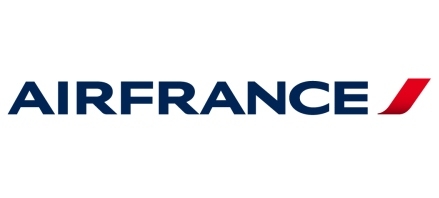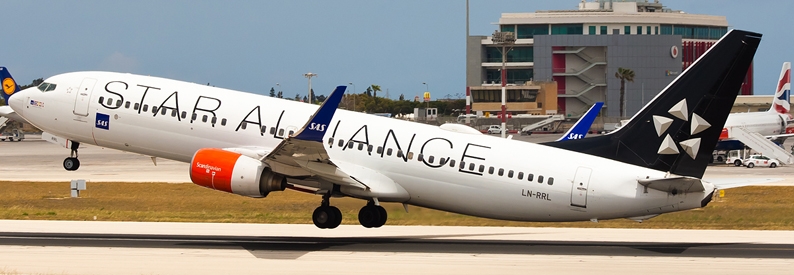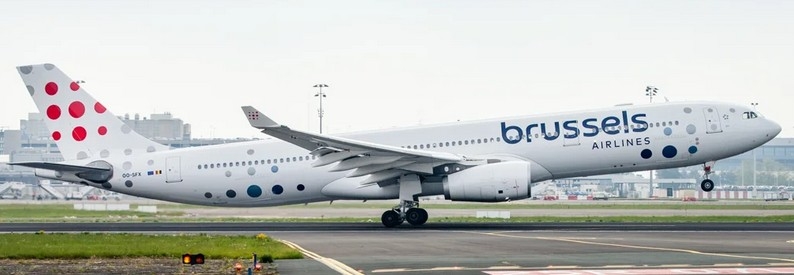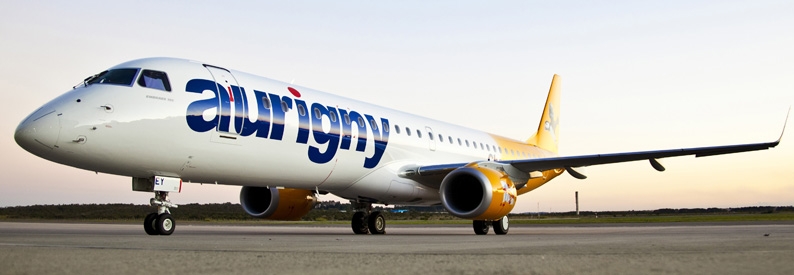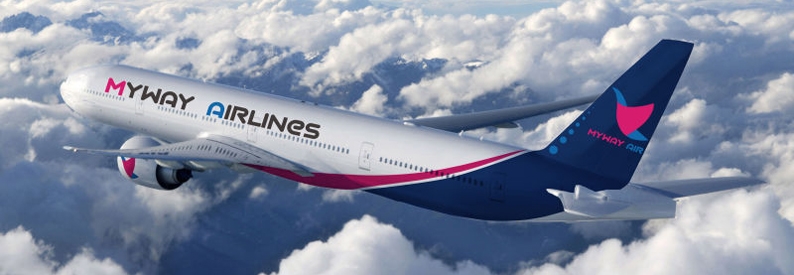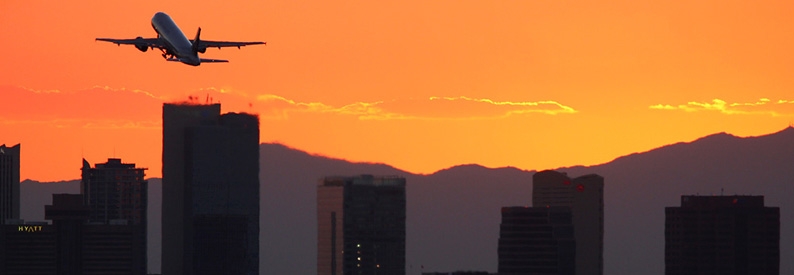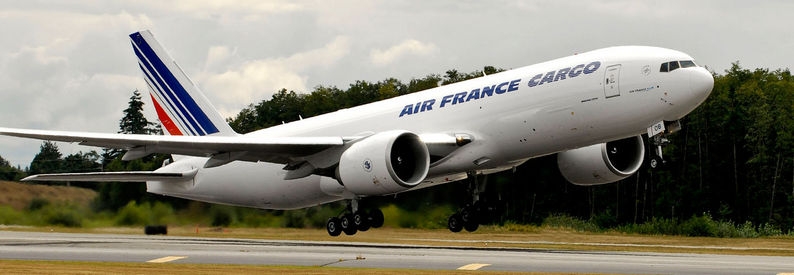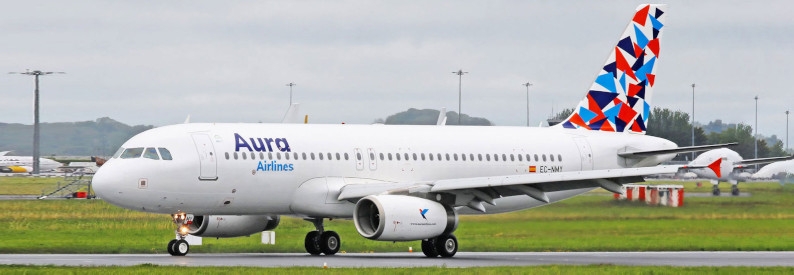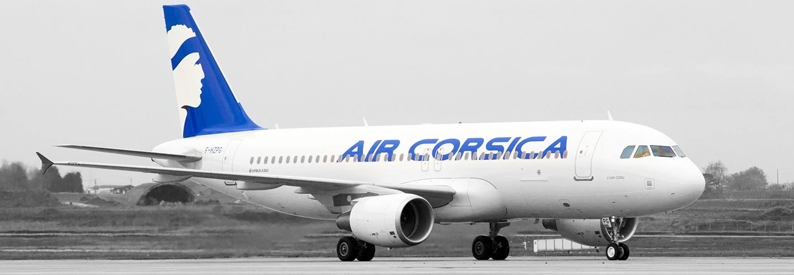This year will be decisive for Air France-KLM, which will need to conduct a new capital increase of between EUR1 billion and EUR2 billion euros (USD1.15-2.3 billion) during 2022 to survive the continued impact of Covid-19 on air travel demand, according to internal estimates seen by the French daily Les Echos.
It will then need a further EUR4 billion to EUR6 billion (USD4.5-6.8 billion) in order to remain a leading air transport group over the long term, the newspaper reported on January 6 in a story also picked up by Reuters.
After two years of unprecedented losses and more than EUR14 billion (USD15.9 billion) in aid from the French and Dutch governments, the Air France and KLM Royal Dutch Airlines parent will have to carry out a new capital increase to rebuild its equity and meet its commitments. To do this, it will be a question not only of convincing the state as a shareholder but also private investors.
Air France-KLM did not immediately respond to ch-aviation’s request for comment.
In December, Air France-KLM said it had redeemed EUR500 million (USD567 million) from a French state loan the European Commission approved in April 2021. But it also also reiterated that discussions were ongoing on “further capital strengthening measures” at group level - measures that could include raising new equity or revenue participation.
Les Echos cited internally distributed information saying that Air France-KLM would ideally need EUR6 billion (USD6.8 billion) to regain a healthy financial condition, with EUR4 billion to EUR5 billion (USD4.5-5.7 billion) to return to a normal level of indebtedness, excluding debts contracted with the French and Dutch states. The only certainty is that the group will have to carry out a new capital increase of up to EUR2 billion (USD2.3 billion) this year.
Separately, on January 10, Air France-KLM said it would add a surcharge of up to EUR12 (USD13.60) on all tickets, effective immediately, which it claimed was intended to offset the cost of using more expensive sustainable aviation fuel. Passengers in economy will pay a fuel levy of between EUR1 and EUR4 (USD1.15-4.50) extra, depending on the distance flown, while those in business class will pay EUR1.5 to EUR12 (USD1.70-13.60), it said in a message to clients. The surcharge is also charged on flights operated at low-cost units Transavia Airlines and Transavia France.
Made mainly from used cooking oil or forestry or agricultural waste, sustainable aviation fuel (SAF) allows airlines to cut carbon emissions by 75%. But according to the Agence France-Presse, take-up has been slow as SAF is four to eight times more expensive. Air France-KLM said it replaces 0.5% to 1% of the kerosene it uses with the sustainable alternative.
